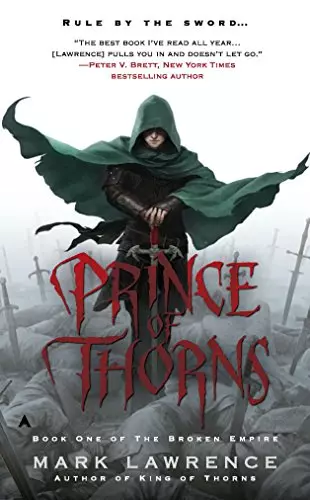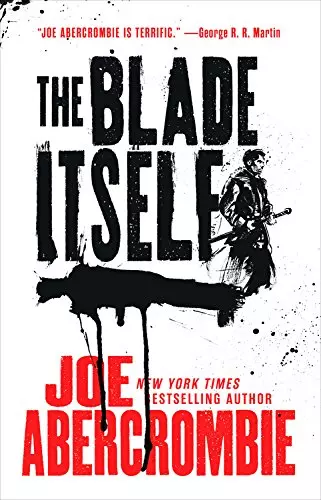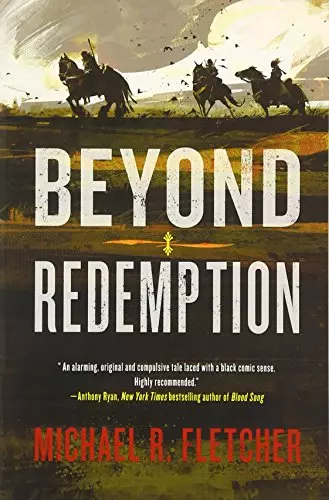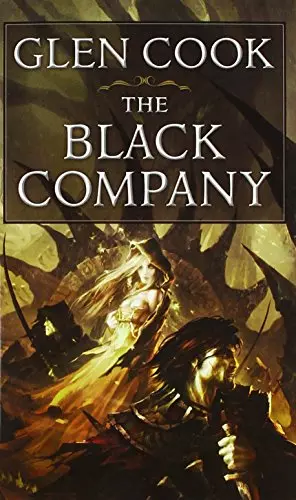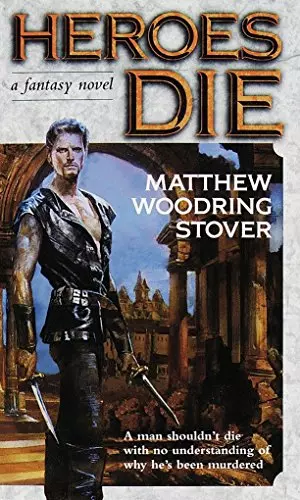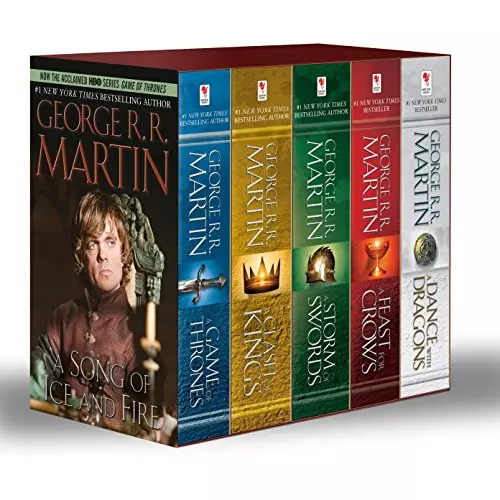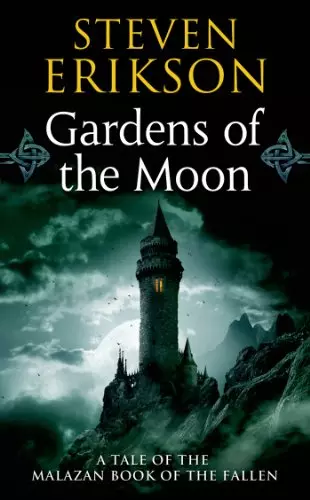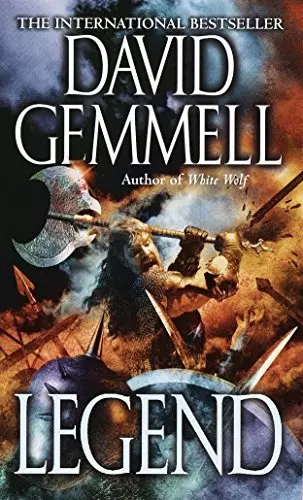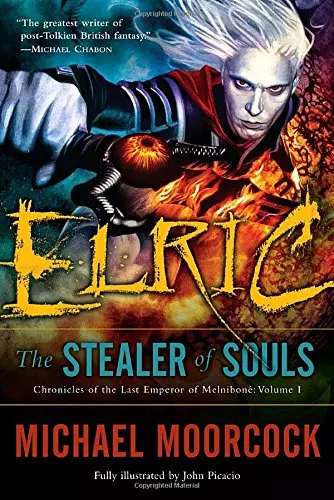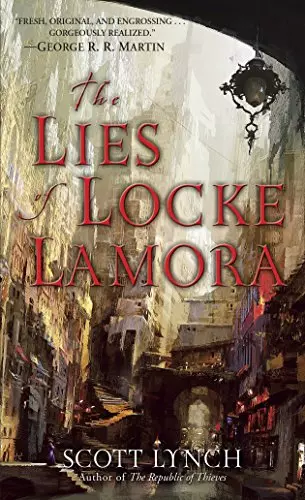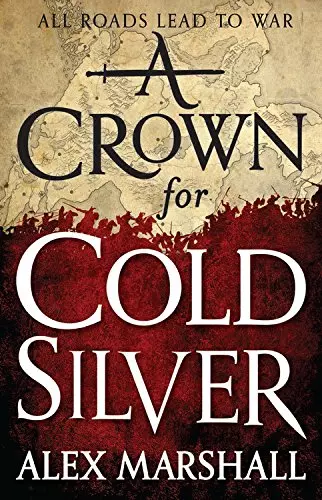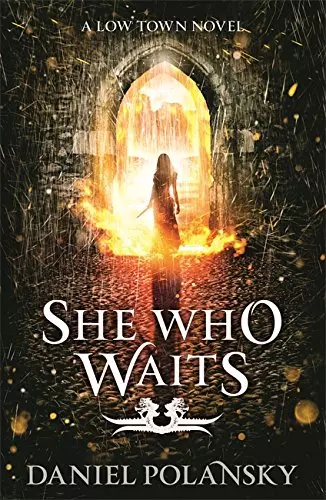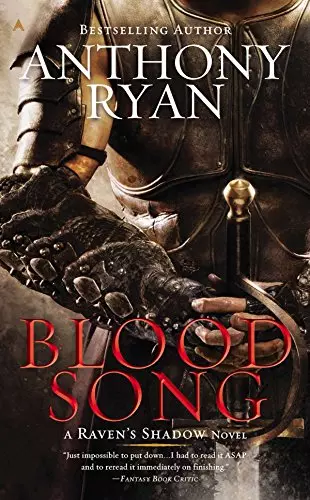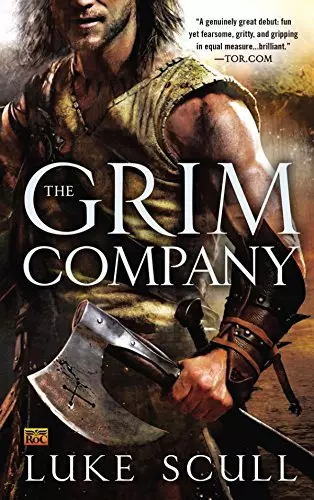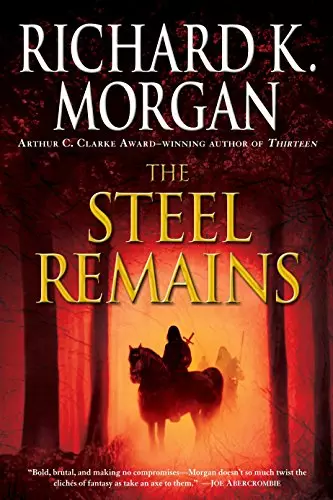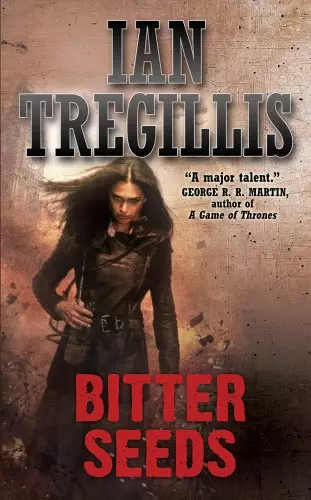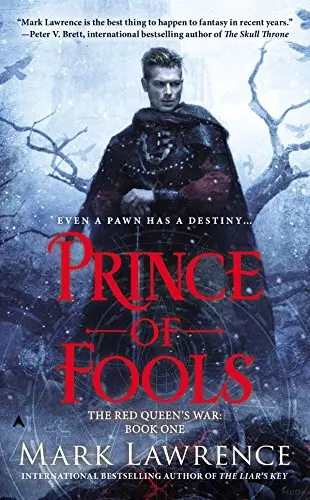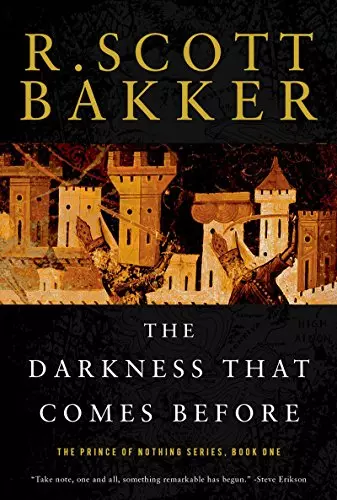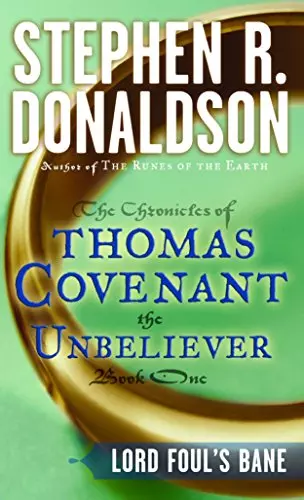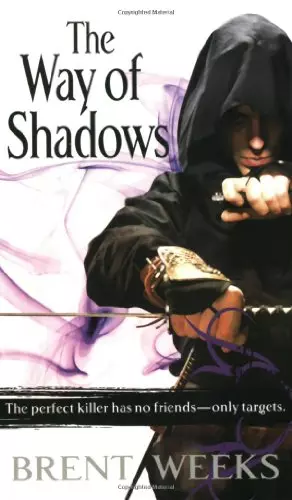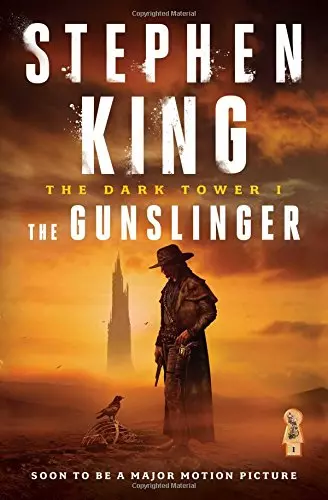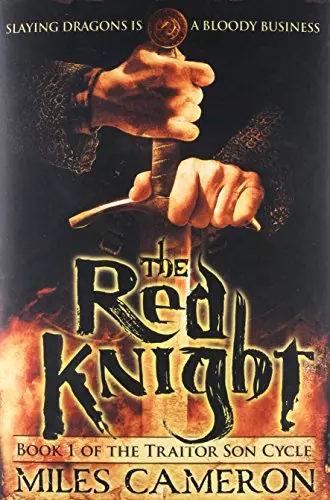Top 25 Best Gritty Fantasy Books
The Best Gritty Fantasy Books
Fantasy books can transport us to bright, wondrous worlds filled with magic and heroism, where heroes always survive unscathed, and the villains are cartoonish.
This list is not about those books, but rather the fantasy of shattered noses, splintered lances, hacked-off arms and disfiguring burns. People trying to cut each other with swords is bound to get messy, and the following books are the fantasy novels which best display that, while telling a kick-ass story at the same time. In these books, violence has consequences, people die and the world is bleak. We're currently living in a golden-age of gritty fantasy, with more and more being released every year, so narrowing it down to twenty-five was a daunting task.
Let it be noted that while 'gritty' and 'grimdark' books both have a lot in common, the two terms are different. Grimdark fantasy books are gritty, sure, but more importantly, they're a subversion of the tropes of heroic fantasy, with morally ambiguous characters in dark settings.
There are plenty of great grimdark books that weren't gritty enough to make this list, and there are gritty books included that aren't grimdark (make sure to read our list of the best grimdark fantasy books).
Gritty Fantasy is distinct from Grimdark, though both subgenres are similar and may include elements of each other. There's a hell of a lot of crossover, and many of the books on this list are grimdark, but they're ranked purely by how gritty, and how good they are.
Grimdark fantasy can be gritty and gritty fantasy can be grimdark, both grimdark can also not be gritty and gritty fantasy can also not be grimdark.
Confused yet? Don't worry, you won't be the only one.
Grit is roughness, brutal realism, a lack of polish and shine, dull iron compared to shining steel. If you're into fantasy that doesn't pull punches, then read on.
Ranked Fantasy Books
Trending Books in Top 25 Best Gritty Fantasy Books
Trending Fantasy Booklists
Best Fantasy Books 2025
The Must-Read Fantasy Releases of 2025 That Fans Are Devouring Worldwide
Top 25 Best Fantasy Books
Love fantasy novels? Hate wasting time reading trash? Then read this definitive guide to the top 25 Fantasy books in the genre.
The Best Sci-Fi Movies
The Best of the Best Science Fiction Movies
Top 10 Sci-Fi Movies That Make You Think
Top 10 Sci-Fi Movies That Make You Think
Top 25 Best Fantasy Audiobooks
The Best Fantasy Audiobooks (Updated 2016)
Best Fantasy Magic Systems Books
Top Best Fantasy Magic Systems Books

